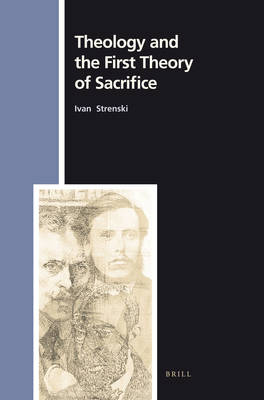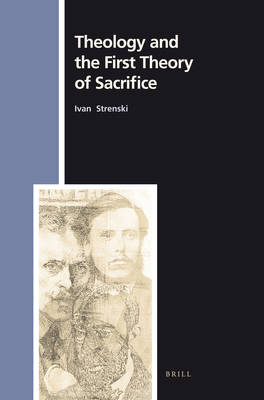
- Afhalen na 1 uur in een winkel met voorraad
- Gratis thuislevering in België vanaf € 30
- Ruim aanbod met 7 miljoen producten
- Afhalen na 1 uur in een winkel met voorraad
- Gratis thuislevering in België vanaf € 30
- Ruim aanbod met 7 miljoen producten
Zoeken
€ 267,45
+ 534 punten
Omschrijving
Are social scientific theories and confessional theologies of sacrifice equally well suited as public discourse about religion? The French liberal Protestant theologians of the 5th Section of the École Pratique and the French doyen of sociology, Émile Durkheim and his two main followers, Henri Hubert and Marcel Mauss, engage in a struggle over the proper approach to sacrifice in the public university. The Durkheimians argued that theological language and assumptions were inappropriate for this purpose because of their confessional allegiances. Another approach to sacrifice, free of confessional entanglements, was required. This is what Hubert and Mauss sought to provide in the Sacrifice: Its Nature and Function.
Specificaties
Betrokkenen
- Auteur(s):
- Uitgeverij:
Inhoud
- Aantal bladzijden:
- 260
- Taal:
- Engels
- Reeks:
- Reeksnummer:
- nr. 98
Eigenschappen
- Productcode (EAN):
- 9789004135598
- Verschijningsdatum:
- 1/11/2003
- Uitvoering:
- Hardcover
- Formaat:
- Genaaid
- Afmetingen:
- 243 mm x 162 mm
- Gewicht:
- 603 g

Alleen bij Standaard Boekhandel
+ 534 punten op je klantenkaart van Standaard Boekhandel
Beoordelingen
We publiceren alleen reviews die voldoen aan de voorwaarden voor reviews. Bekijk onze voorwaarden voor reviews.








